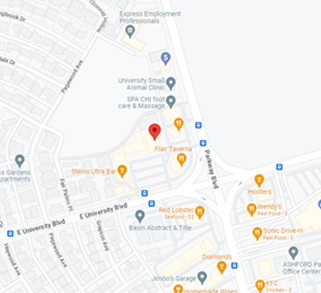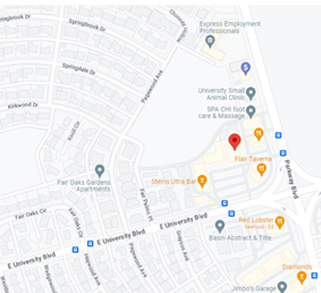When people think about viral infections, symptoms like fever, fatigue, or body aches usually come to mind. But one lesser-known and often overlooked side effect of some viruses is hearing loss — a serious condition that can impact quality of life long after the virus is gone.
At Roger Clark Hearing with a Heart, a Central Texas hearing center in Waco, we’re dedicated to helping our community understand how viruses can affect hearing, why early detection matters, and how to protect your ears during viral outbreaks. Here’s what you need to know.
How Viruses Can Lead to Hearing Loss
Viruses can affect hearing in different ways. Some viruses directly damage the delicate structures of the inner ear, including hair cells or the auditory nerve. Others trigger an immune response in the body that leads to inflammation and damage in the ear.
In some cases, a virus can cause fluid buildup or swelling in the middle ear, which interferes with how sound travels. This may lead to temporary hearing issues — or in more severe cases, permanent hearing loss.
The effects can vary widely. Hearing loss may come on suddenly or gradually, affect one ear or both, and range from mild to profound. The severity often depends on the type of virus, your overall health, and how quickly treatment is started.
Common Viruses Linked to Hearing Loss
Several viruses are known to cause hearing problems. Some can even lead to permanent damage if not detected early:
- Measles and Mumps: These childhood illnesses can damage the auditory nerve or structures in the inner ear. Mumps, in particular, has been associated with sudden hearing loss, often affecting just one ear.
- Cytomegalovirus (CMV): This virus is a leading cause of congenital hearing loss in newborns. It can be passed from mother to baby during pregnancy and may not show symptoms until the child begins to miss hearing milestones.
- Herpes Simplex Virus (HSV): Both HSV-1 and HSV-2 can lead to sudden sensorineural hearing loss (SSNHL), often accompanied by dizziness or balance issues.
- Influenza and Respiratory Viruses: These viruses can cause ear infections and middle ear fluid buildup. In some cases, the infection reaches the inner ear, potentially causing lasting damage.
- COVID-19: Emerging research suggests a link between COVID-19 and sudden hearing loss. While rare, it may be due to inflammation or direct invasion of the auditory system by the virus.
Symptoms to Watch For
Hearing loss caused by a virus can present in different ways, depending on the virus and the individual. Keep an eye out for the following symptoms, especially during or after a viral illness:
- Sudden or gradual hearing loss in one or both ears
- Ringing or buzzing in the ears (tinnitus)
- A feeling of fullness or pressure in the ears
- Dizziness or balance issues
- Muffled or distorted hearing
If you or a loved one notice any of these signs, especially during a viral illness or shortly after recovery, it’s important to get your hearing checked right away. Early intervention can significantly improve outcomes.
How to Protect Your Hearing During Viral Outbreaks
As with many health issues, prevention is key. Roger Clark Hearing Centers recommends the following steps to protect your hearing during flu season and other viral outbreaks:
- Stay Up to Date on Vaccines: Vaccines for measles, mumps, rubella, the flu, and COVID-19 can help prevent viral infections that may lead to hearing loss.
- Practice Good Hygiene: Wash your hands regularly, avoid touching your face, and wear a mask in crowded or high-risk environments.
- Prenatal Care Matters: Expecting mothers should get regular prenatal checkups and talk with their doctor about CMV prevention. It’s one of the leading causes of hearing loss in infants.
- Be Cautious with Medications: Some medications used to treat viral infections can be ototoxic, meaning they may damage your hearing. Always consult your healthcare provider before starting any treatment.
How Central Texas Hearing Center Helps
At our Waco clinic, we provide compassionate, comprehensive care for people experiencing hearing loss from viral infections. Whether you need a basic hearing test, or ongoing support with hearing aids in Waco, TX, our experienced team is here to guide you every step of the way.
We understand that sudden or progressive hearing loss can be overwhelming — emotionally and socially. That’s why we also focus on education and support.
Final Thoughts
Viral infections don’t just affect your lungs, sinuses, or energy levels — they can impact your ability to hear, sometimes permanently. The good news is that with the right knowledge, preventive care, and a prompt response, many people can preserve or even restore their hearing.
If you’ve experienced a recent illness and notice changes in your hearing, don’t wait. Contact Roger Clark Hearing Centers to schedule a hearing evaluation. We’re here to help you protect one of your most vital senses — today and into the future.








